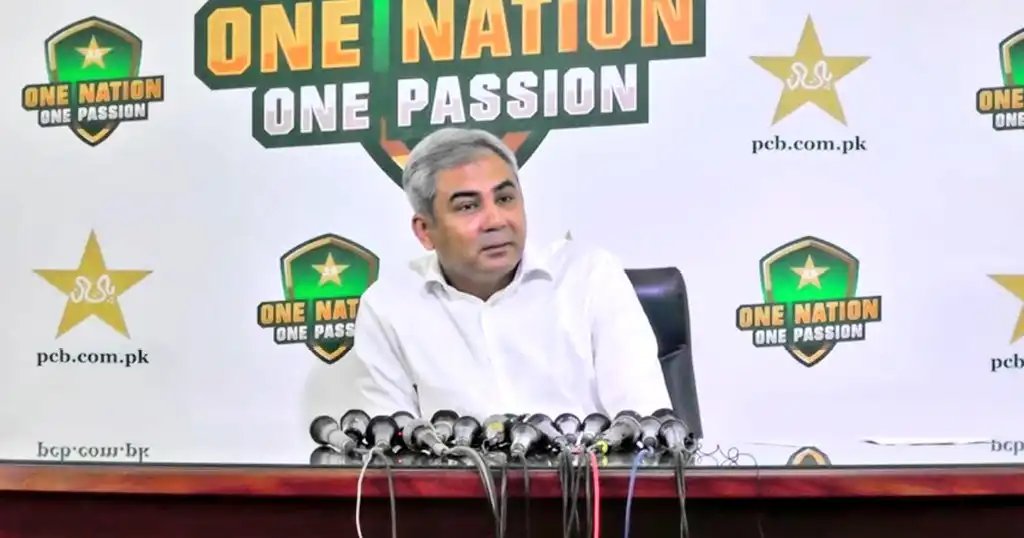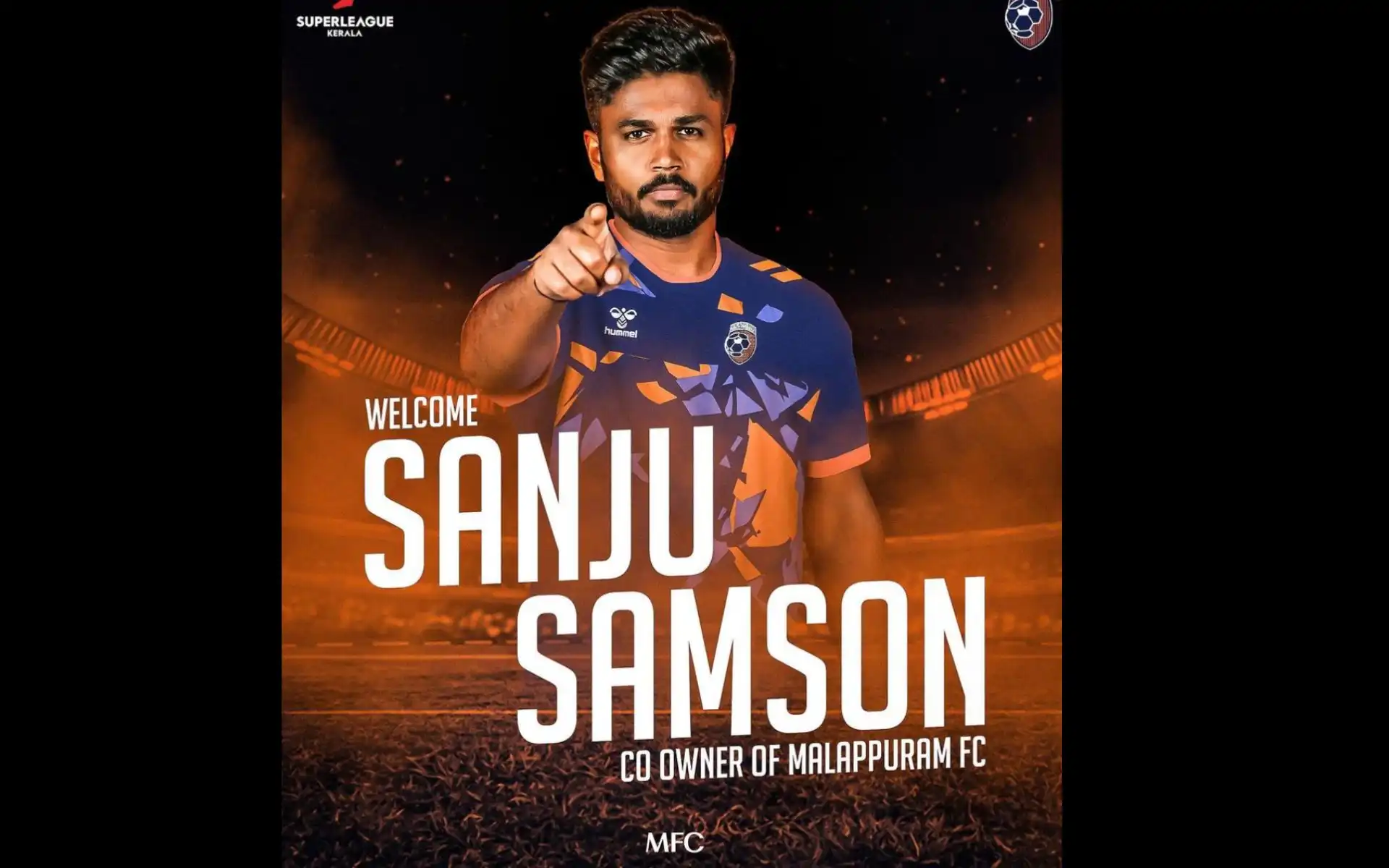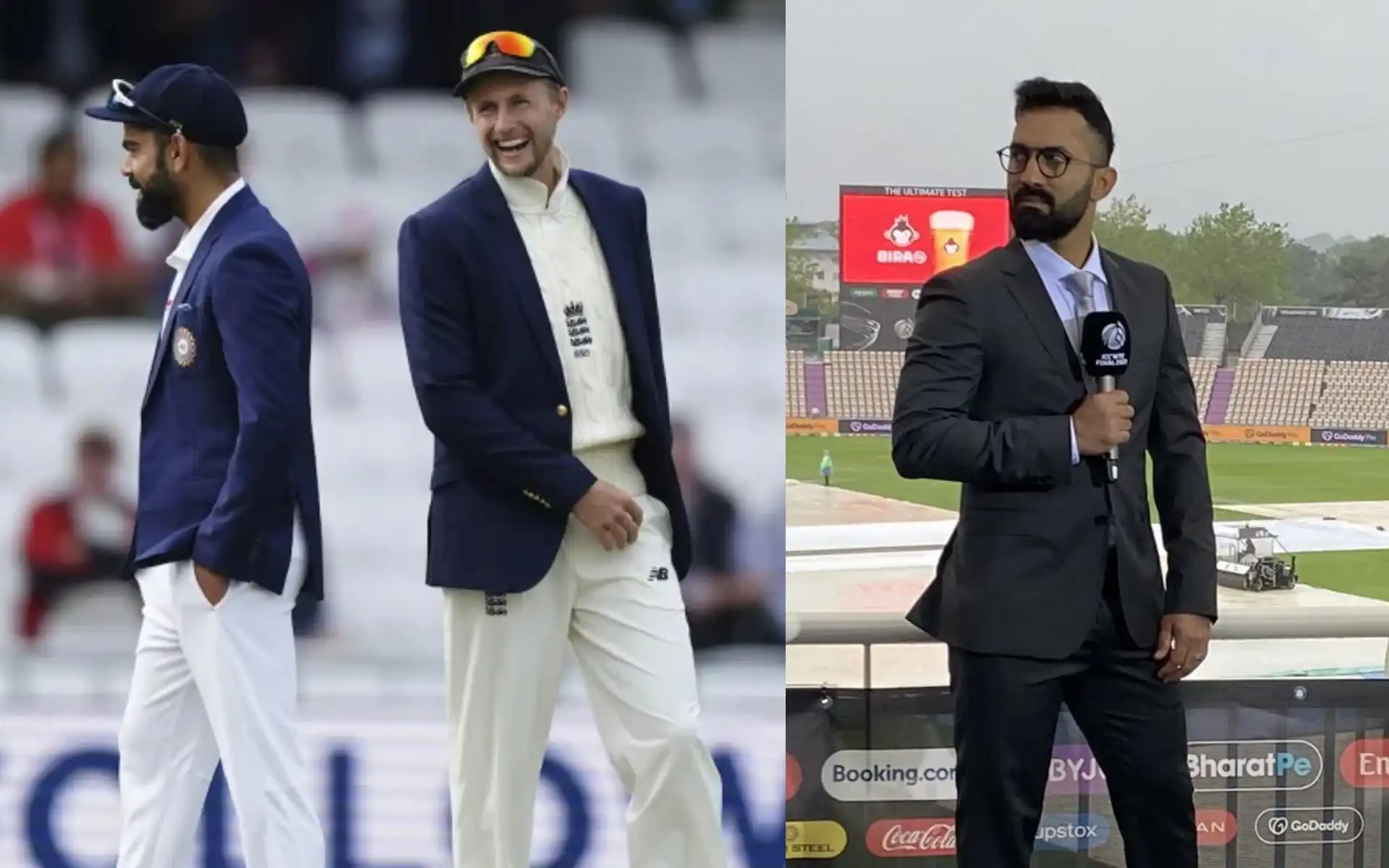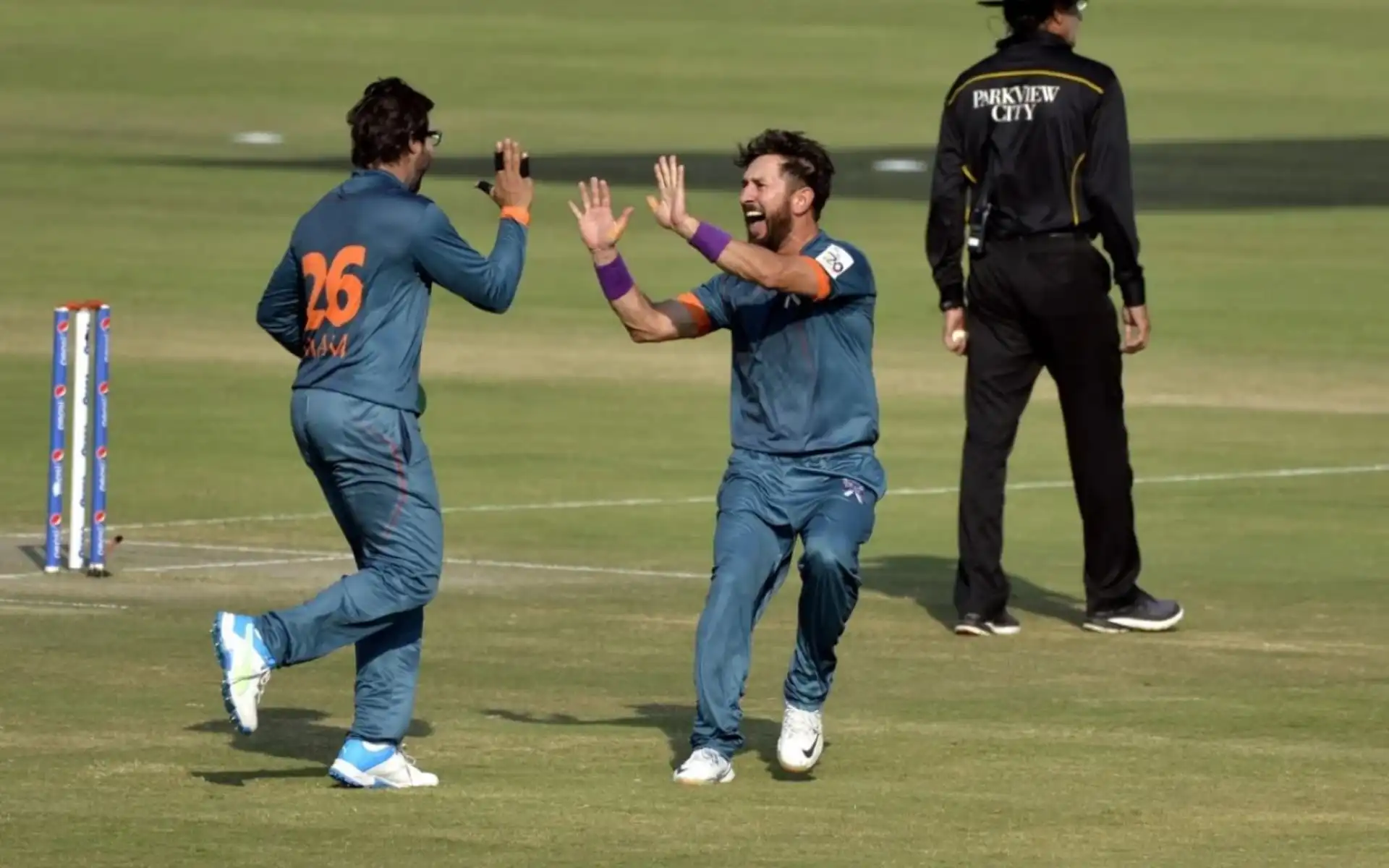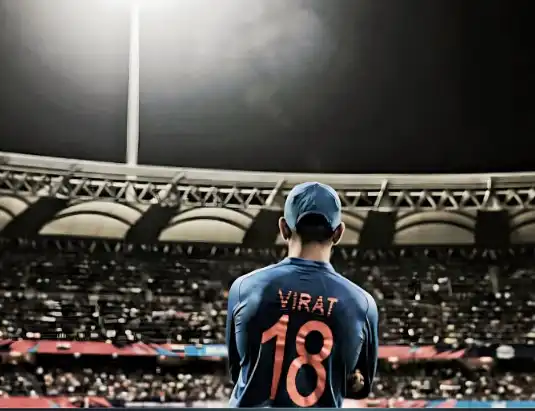.jpg?type=hq) PCB Chairman Mohsin Naqvi & BCCI Secretary and ICC Chair-elect Jay Shah (X)
PCB Chairman Mohsin Naqvi & BCCI Secretary and ICC Chair-elect Jay Shah (X)
The Pakistan Cricket Board’s (PCB) decision to withhold No Objection Certificates (NOCs) in recent times for its star players, including the likes of Babar Azam, Mohammad Rizwan, and Shaheen Shah Afridi, has sparked a debate within cricketing circles. In light of Pakistan's early exit from the 2024 T20 World Cup, the PCB has adopted a hard-line stance on denying players permission to participate in foreign leagues.
This sudden change has drawn parallels to India's long-standing policy of restricting its players from overseas franchise tournaments, especially with the growing significance of the IPL in global cricket.
In July, the PCB turned down requests from its senior players to participate in the Global T20 League, citing the hectic international calendar. The board's decision created ripples among the players, many of whom were unhappy about the inconsistent NOC policy.
Earlier this year, several top cricketers had already faced disappointment when their NOCs weren’t extended for foreign leagues, which created an atmosphere of discord between the board and players. Behind the curtain, reports suggest that the PCB’s decision is not merely about scheduling conflicts but may also be driven by a deeper strategy.
Following Pakistan’s dismal performance in the 2024 T20 World Cup, where they were knocked out in the group stage, the board has clamped down on granting NOCs. This has left players frustrated, as they feel that the PCB’s inconsistent policy has now veered into an outright refusal for any foreign league participation, even for leagues like the Zim Afro T10.
Is Pakistan imitating India’s strategy?
Pakistan’s new NOC policy raises the question: Is the PCB now adopting a strategy similar to India’s, which has historically denied its players the opportunity to play in foreign T20 leagues? The answer may not be as simple as comparing apples to apples, but it’s clear that the PCB is now prioritizing national interests over foreign league participation—a path India has treaded for years.
In India, the BCCI has always restricted its centrally contracted players from participating in foreign leagues, with the primary aim of preserving the exclusivity and charm of the IPL. The logic is simple: if Indian players are not allowed to feature in overseas leagues, the IPL remains the undisputed king of T20 cricket, and the BCCI’s coffers continue to swell. But more importantly, it ensures that Indian cricketers remain fresh for national duties and prevents overexertion due to multiple league commitments.
Pakistan’s shift in policy could be seen as a cautious attempt to follow in India’s footsteps. By denying NOCs, the PCB might be trying to shield its players from potential burnout while forcing them to focus on their national commitments.
However, this change didn’t stem from a position of strength like India’s; it came in response to Pakistan’s disastrous T20 World Cup campaign. One could argue that the PCB, rattled by the poor showing, is using the NOC policy as a scapegoat to rein in its players and regain control over their schedules.
For the players, this abrupt shift has been like a bolt from the blue. Historically, Pakistan cricketers have had relatively easy access to foreign T20 leagues, and these opportunities provided not only financial rewards but also valuable experience against diverse opposition. The PCB’s sudden U-turn must have left them feeling like pawns in a game of cricket politics.
The crux of the issue lies in the inconsistent application of the NOC policy. While some players were previously granted NOCs without much hassle, others now face outright rejection. This has led to dissatisfaction, and it seems as though the players feel that they’ve been left high and dry.
Is the IPL Model the Right Fit for Pakistan?
Comparing Pakistan’s cricket with India’s is like comparing chalk and cheese. The IPL’s exclusivity works for the BCCI because of the sheer financial might and global reach of the league.
In contrast, Pakistan’s domestic T20 tournament, the Pakistan Super League (PSL), while popular, doesn’t wield the same clout internationally. Forcing players to forego foreign leagues might, in the long run, lead to a sense of disenchantment.
While Pakistan’s NOC policy might be inspired by India’s success with the IPL model, it remains to be seen whether it will yield similar results. The players' growing discontent signals that the PCB may need to tread carefully or risk creating a deeper rift with its cricketing stars.
PCB must work toward finding a balanced approach that protects both the national team’s interests and the players’ well-being. For now, Pakistan seems to be at a crossroads. Whether it can emulate India’s strategy successfully or will face the consequences of its knee-jerk decisions remains an open question.
.jpg)
